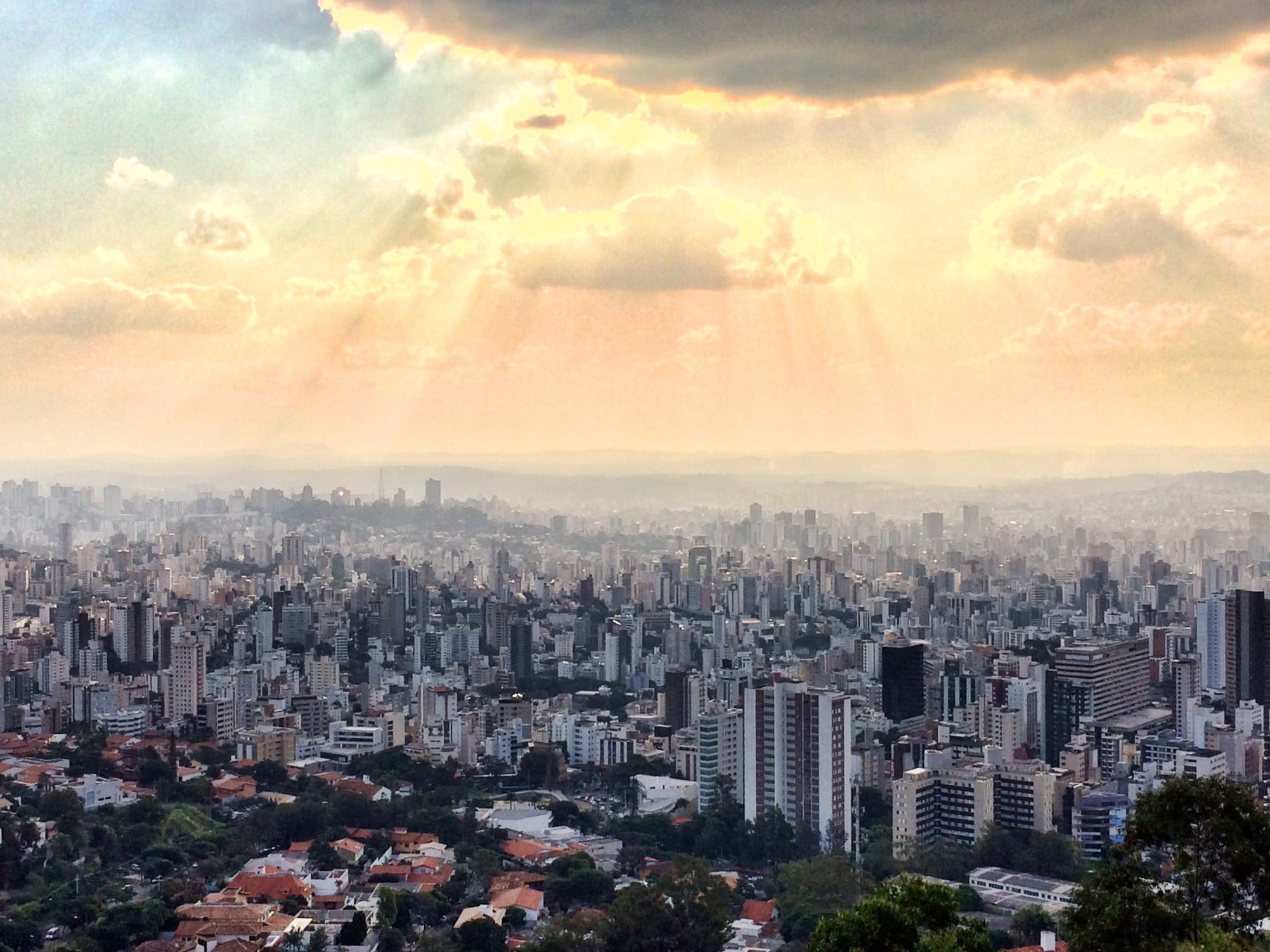
This course introduces students to key theories and debates about societies undergoing rapid urban change. Course lectures examine large urban transformations in three ways. The first pertains to 'urbanisation' as a historical process by which social life, even outside of cities, becomes 'urban'. This means addressing the relationship between the country and the city, the idea of the urban in historical perspective, and the relationship between urban life in the global North and South. The second approach considers the city as a site for radical political change, as well as social experimentation in planning and development. This means studying cities as spaces of movement, resistance, and innovation, with an emphasis on urban experiments (especially in 'Southern' cities). Thirdly, urban transformation is analysed in terms of the explosion of theorisations about the nature of the urban, how to study it, and how to make a difference in 'the urban', both intellectually and materially, within a global economy. Through these three overlapping lenses – history, politics/planning, and theory – the course aims to equip students with a conceptual and empirical foundation for analysing city transformations and globalised urbanisation, with particular attention to emerging urbanisms in the global South.
Topics covered may include the following: industrialisation and immigration; processes of suburbanisation, ghettoisation, and gentrification; global cities; the colonial and postcolonial city; urban citizenship and the right to the city; urban uprisings; the geopolitics of urban theory; urban nostalgia; black and indigenous urban geographies; urban innovation and the politics of urban self-regard.
Topics covered may include the following: industrialisation and immigration; processes of suburbanisation, ghettoisation, and gentrification; global cities; the colonial and postcolonial city; urban citizenship and the right to the city; urban uprisings; the geopolitics of urban theory; urban nostalgia; black and indigenous urban geographies; urban innovation and the politics of urban self-regard.
